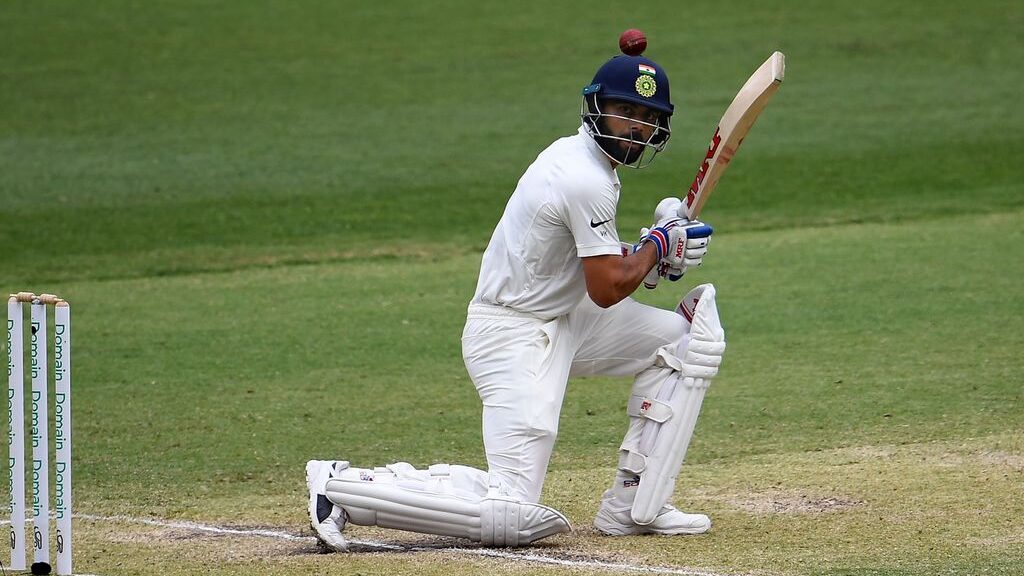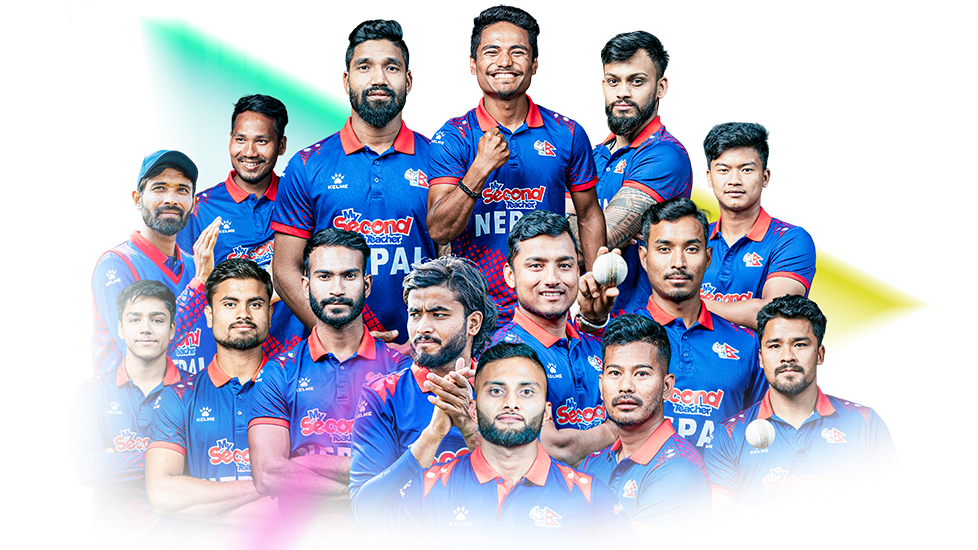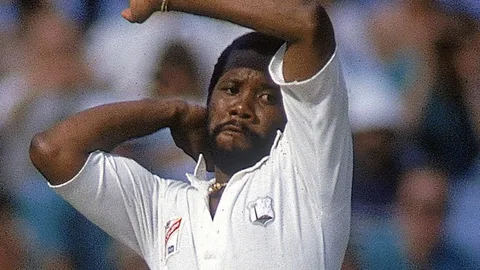Leadership Lessons from Cricket’s Finest Skippers: Cricket, often referred to as the gentleman’s game, has produced some of the finest skippers in the history of sports. These leaders have not only mastered the art of captaincy, but have also left behind valuable lessons in leadership that can be applied in various aspects of life. In this article, I will explore the importance of leadership in cricket and delve into the leadership styles of Sir Donald Bradman, Clive Lloyd, Imran Khan, Ricky Ponting, Mahendra Singh Dhoni, and Virat Kohli. By analyzing their approaches, we can uncover valuable insights and learn from the best.
Introduction to Cricket’s Finest Skippers
Cricket is a team sport that requires not only individual skill, but also effective teamwork and strong leadership. A captain plays a pivotal role in guiding the team, making crucial decisions, and motivating players to perform at their best. The finest skippers in cricket history have demonstrated exceptional leadership qualities that have contributed to their team’s successes.
The Importance of Leadership in Cricket
Leadership is a vital component in the game of cricket. A captain sets the tone for the team, instills confidence, and strategizes to outsmart the opposition. A good leader creates a positive environment that fosters teamwork, encourages innovation, and brings out the best in each player. The ability to make quick decisions under pressure, adapt to changing situations, and inspire teammates is what separates great captains from the rest.
Leadership Lessons from Sir Donald Bradman
Sir Donald Bradman, widely regarded as the greatest cricketer of all time, was also a remarkable leader. His extraordinary batting skills aside, Bradman’s leadership style was based on meticulous planning, attention to detail, and leading by example. He emphasized the importance of discipline, hard work, and continuous improvement. Bradman’s commitment to excellence and his unwavering focus on the team’s goals taught us the value of perseverance and dedication.
Leadership Lessons from Clive Lloyd
Clive Lloyd, the captain of the West Indies cricket team during the 1970s and 1980s, is known for his calm and composed demeanor on the field. Lloyd’s leadership style was characterized by his ability to unite a diverse group of players and create a sense of camaraderie within the team. He believed in giving players the freedom to express themselves and trusted their abilities. Lloyd’s emphasis on teamwork, unity, and the belief in the collective strength of the team is a valuable lesson in leadership.
Leadership Lessons from Imran Khan
Imran Khan, the legendary Pakistani cricketer turned politician, is revered for his leadership both on and off the field. Khan’s leadership style was characterized by his strong sense of purpose, determination, and the ability to inspire his teammates. He led by example and never shied away from taking responsibility. Khan taught us the importance of leading from the front, staying true to one’s values, and having a clear vision.
Leadership Lessons from Ricky Ponting
Ricky Ponting, the most successful captain in the history of Australian cricket, was known for his aggressive and tactical approach to leadership. Ponting’s leadership style was based on his deep understanding of the game, meticulous planning, and the ability to adapt to different situations. He instilled a winning mentality in his team and demanded high standards of performance. Ponting’s emphasis on preparation, adaptability, and the pursuit of excellence is a valuable lesson for aspiring leaders.
Leadership Lessons from Mahendra Singh Dhoni
Mahendra Singh Dhoni, the former captain of the Indian cricket team, is regarded as one of the most successful skippers in the history of the sport. Dhoni’s leadership style was characterized by his calmness under pressure, exceptional decision-making skills, and his ability to bring out the best in his players. He believed in leading by example and always maintained a positive attitude. Dhoni’s emphasis on trust, effective communication, and leading from behind has made him a role model for leaders across various fields.
Leadership Lessons from Virat Kohli
Virat Kohli, the current captain of the Indian cricket team, is known for his passion, aggression, and determination. Kohli’s leadership style is characterized by his ability to lead by example, set high standards, and inspire his teammates with his unmatched work ethic. He believes in taking risks, playing fearless cricket, and leading from the front. Kohli’s emphasis on self-belief, resilience, and the pursuit of excellence is a valuable lesson for aspiring leaders.
Comparing Leadership Styles of Cricket’s Finest Skippers
Each of the finest skippers in cricket history has had a unique leadership style. While some focused on meticulous planning and attention to detail like Sir Donald Bradman, others emphasized unity and teamwork like Clive Lloyd. Some leaders like Imran Khan led from the front, while others like Ricky Ponting adapted to different situations. Mahendra Singh Dhoni brought out the best in his players through effective communication, while Virat Kohli inspired with his unmatched work ethic. Comparing these leadership styles allows us to appreciate the different approaches to leadership and learn from their successes.
Conclusion
Cricket’s finest skippers have left behind a legacy of leadership that transcends the boundaries of the game. Their ability to inspire, motivate, and lead by example has not only resulted in numerous victories on the cricket field but has also provided valuable leadership lessons that can be applied in various aspects of life. By understanding and learning from the leadership styles of Sir Donald Bradman, Clive Lloyd, Imran Khan, Ricky Ponting, Mahendra Singh Dhoni, and Virat Kohli, we can aspire to become better leaders and achieve success in our endeavors.










